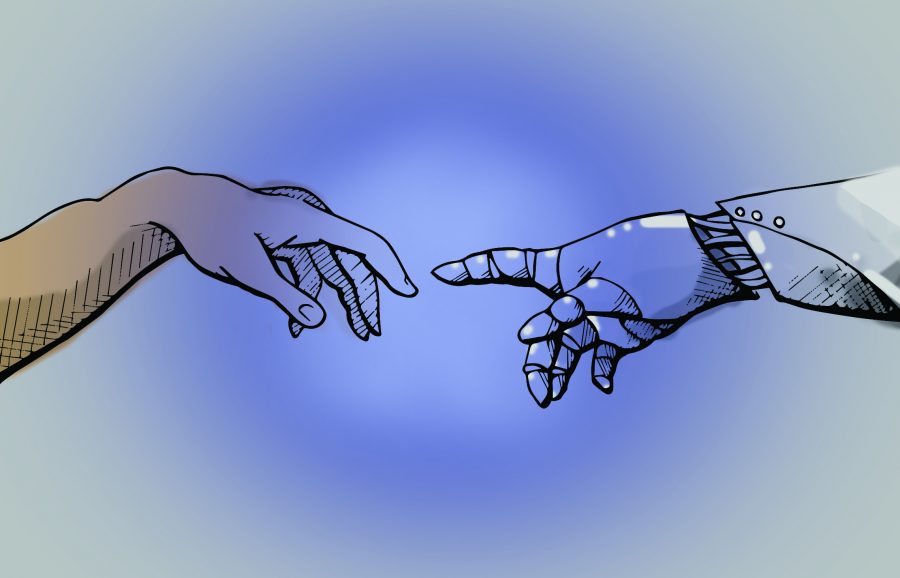NYU Stern School of Business Professor Amy Webb spoke at The World Economic Forum last week, arguing that the development of artificial intelligence needs to benefit everyone and not just those in power.
“The future of AI, and by extension the future of humanity, is controlled by just nine companies,” Webb told WSN.
In the United States, the largest technology giants are Google, Microsoft, Amazon, Facebook, IBM and Apple — Webb calls these companies the G-MAFIA.
“The G-MAFIA serves two masters: Wall Street and Capitol Hill,” Webb said.
The World Economic Forum holds one major conference each year and publishes daily research online. The forum discusses academics, government and growing technology businesses.
This isn’t the first time Webb has been called to speak at the forum for similar issues. She is a self-proclaimed futurist and is the founder of The Future Today Institute, which researches the risks and opportunities associated with the future of science and technology.
“I’ve been invited to participate in previous meetings to offer perspective on emerging technologies,” Webb said.
When Webb isn’t running The Future Today Institute or writing books, she teaches strategic foresight at Stern.
“Universities talk a lot about the need to include ethics within the curricula, but making students take a single ethics class won’t broaden their worldviews,” Webb told WSN. “Room should be made for students to also study anthropology, comparative religions and the like.”
Webb isn’t the only professor at NYU talking about the implications for the future of AI on humanity. AI Now, a research institute at NYU, aims to widen the scope of education about the technology, while examining the social implications of its future.
AI Now declined to comment to WSN, but Tandon sophomore Safi Hasani expressed weariness over how AI will continue to impact people’s civil rights and liberties.
“People are genuinely scared for their safety,” Hasani said. “AI has the ability to affect our political and social climate and that’s kind of scary.”
At the World Economic Forum, Webb told crowds that consumers should be focused on whose hands the new technology is in.
“Technology itself isn’t the threat — it’s the application of that technology in the real world that has me worried,” Webb said. “Especially since a very small group of people are building systems intended to act on behalf of us all.”
While the panelists on stage disagreed on how much regulation tech giants need, Webb thinks that this conversation is misguided.
“Getting governments and companies to agree on a single set of strict regulations is very, very unlikely,” Webb said. “Regulations created today would likely be outdated soon — which is why I think we need a different approach.”
Tandon sophomore Kyle Nelson agrees that pressing more regulation on the G-MAFIA is unproductive.
“Most AI companies are helping companies make smarter decisions. I don’t think they need more regulation,” Nelson said.
Panelists argued about Western civilization wanting to urge other countries like China to increase regulations. Webb mentioned three other AI powerhouses operating outside our borders — in China. She calls the trio BAT: Baidu, Alibaba and Tencent.
“[Chinese] President Xi [Jinping] is consolidating power and creating a new world order under various state initiatives with AI as the connective tissue,” Webb told WSN.
While Webb disagrees with more AI regulation, she feels that the tech giants controlling AI are the only hope for greater transparency to come about.
“The Big Nine aren’t the villains in the story — in fact, I believe they are our best hope for the future.”
A version of this article appeared in the Monday, Feb. 4 print edition. Email Jared Peraglia at [email protected].






















































































































































